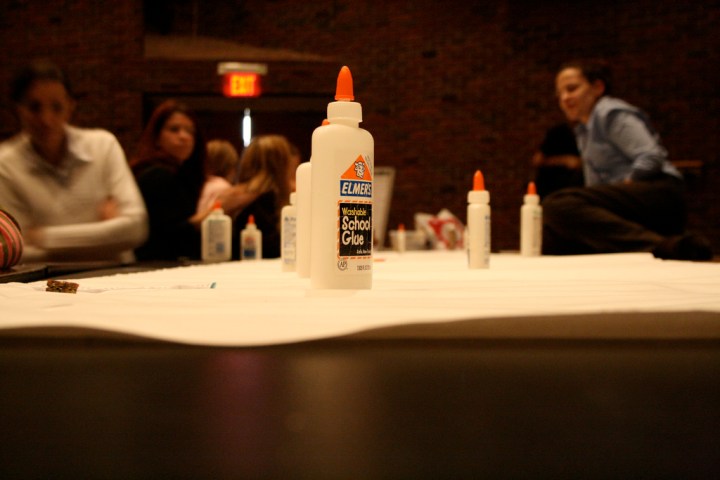
This is because Voltaglue only hardens when an electrical charge is applied, just as its name suggests. This allows for it to remain effective even in conditions that generally render adhesives ineffective, like extreme temperatures, moist environments, and the like.
No overnight science project, Voltaglue has been in the works at Singapore’s Nanyang Technological University for over a year now, and results were recently published in Nature Communications. Voltaglue works by using hydrogels that are made of carbon molecules called carbenes. These molecules are in turn attached to tree-shaped plastics called dendrimers, and when voltage is applied, the carbenes are activated and grab onto available surfaces.
The coolest thing about Voltaglue is that its “stickiness” is actually contingent on how long the charge is applied — the longer it receives the charge, the harder and longer-lasting the adhesive is. This means that it can be used across a wide spectrum of applications — everything from industrial purposes to delicate surgeries within the human body. This process, which the firm calls “electrocuring,” makes Voltaglue not only one of the most effective, but also one of the most versatile glues ever created.
The next step for the team, however, is actually finding a way to reverse the effects of the glue. This would not only make the construction process for a whole host of objects much easier, but would also effectively eliminate the necessity of tools like screws, nails, and the like. And it would also certainly make repairs much easier, as disassembly would be much simpler with a reversible adhesive than it is now with the many parts that must be unscrewed and undone.
So take heart, haters of (im)permanent glues and other adhesives. Voltaglue is here to make everyone’s life easier, one sticky surface at a time.


